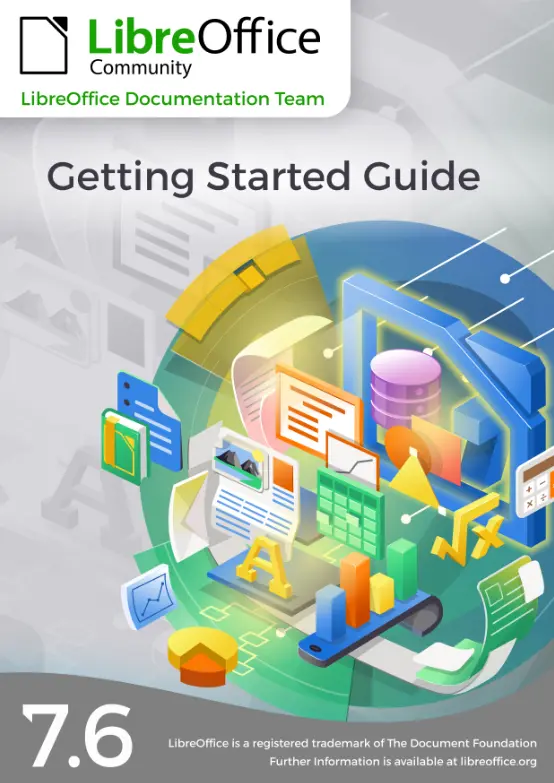There are some good reasons why Microsoft Office gets used widely, and that is often because it comes pre-installed as trialware on Windows PC’s, it is pushed into schools and universities with educational discounts, it has massive funding for lobbying governments and sponsoring “digital villages”, etc.
But it does create vendor lock-in, stifles innovation through being closed-source, pushes many into being locked into a cloud service with ever-increasing costs, does not use a fully open-standard format (provides limited support for ODF as well, and there was good reason why many governments chose ODF over Docx), makes it difficult to export one’s documents cleanly between different applications, and of course has numerous license limitation son how it can be used.
It is certainly not to say that LibreOffice is better in terms of features than MS Office, but I’ve yet to find something I could not do with LibreOffice that I needed to get done. It is fully open-source, free to use and free to modify and examine, free of restrictions on its use, and is fully cross-platform (not only for the application itself, but also for its documents that can move between platforms and even to other applications using the open ODF format).
But one potential drawback with many open-source projects (including GIMP) is their lack of really good documentation. Good documentation needs to be clear and easy to understand. LibreOffice actually does have very good documentation at the link below. The guides are well-designed and many are over 500 pages each. They cover a Getting Started Guide, Writer Guide (word processing), Calc Guide (spreadsheets), Draw Guide (vector graphics drawing and illustrations), Impress Guide (presentations), and the Math Guide (formula equation editor).
The guides are also available in some other languages and can be downloaded as PDFs to be printed, or even in ODF source format for editing or adapting to one’s needs.
See https://documentation.libreoffice.org/en/english-documentation/

